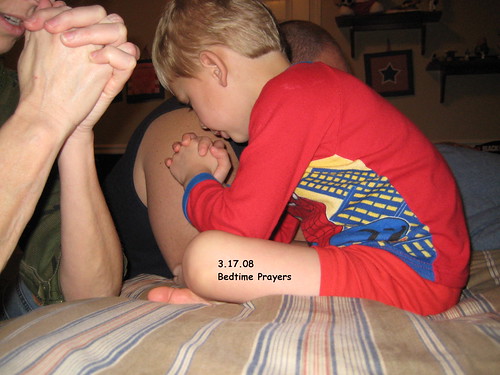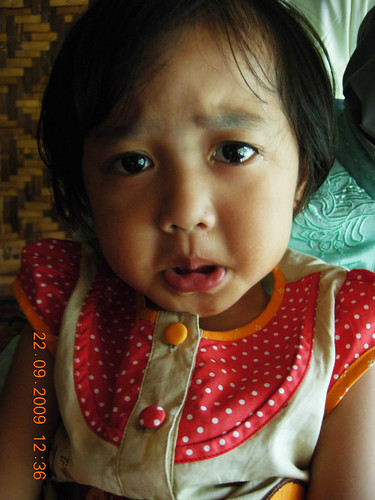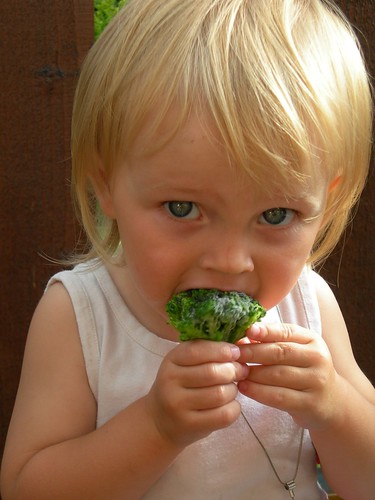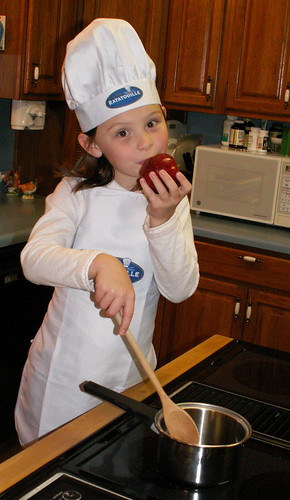I am not a theologian, and there have already been many writings on this subject, some of which can be viewed here, here, here, and here. Thus, I will not go into the Proverbs verses for this post. I want to, rather, take a look at 1 Corinthians.
Here, Paul is speaking to the church of God that is in Corinth. There is division among this church and all sorts of wrongdoing, and he writes to them and admonishes them for the things they are doing. Let's take a look at 1 Cor 4:14-21.
I do not write these things to make you ashamed, but to admonish you as my beloved children. For though you have countless guides in Christ, you do not have many fathers. For I became your father in Christ Jesus through the gospel. I urge you, then, be imitators of me. That is why I sent you Timothy my beloved and faithful child in the Lord, to remind you of my ways in Christ, as I teach them everywhere in every church. Some are arrogant, as though I were not coming to you. But I will come to you soon, if the Lord wills, and I will find out not the talk of these arrogant people but their power. For the kingdom of God does not consist in talk but in power. What do you wish? Shall I come to you with a rod, or with love in a spirit of gentleness?I believe Paul is providing us with a powerful example here. He is speaking to this church as they are his children and he is their father, and he tells them he is admonishing them as his beloved children, and that he does not want to shame them! Children need to be corrected and taught what is right, turned from their wrongdoing and set on the right path, and this can be done through teaching and without shame. Paul tells them "be imitators of me." In other words, he is not asking them to do what he, himself, is not doing.
Then Paul says to them, "What do you wish? Shall I come to you with a rod, or with love in a spirit of gentleness?"
Paul is saying there is a choice here. I can come to you with a rod. Or I can come to you with love in a spirit of gentleness.
Just as Paul recognized that choice with his "children," so we have a choice with our own children. We can come to them with a rod. Or, we can come to them with love in a spirit of gentleness. Love and gentleness are fruits of the Spirit (Gal 4:22-23), and we know when we accept Christ, we also abide with the Spirit.(Acts 2:38) Therefore, we should also show these fruits.
In my upcoming devotional eBook Parenting in the Spirit, I will look at each of the fruits of the spirit and discuss how these can be manifested in our parenting. I hope you'll pick up that resource when it comes available (I'm hoping it will be available by July 2013).
In the meantime, consider this choice that Paul has outlined here, and I will close as Paul did. "Let all that you do be done in love." (1 Cor. 16:14)
**You may request a copy of the book Thy Rod and Thy Staff They Comfort Me: Christians and the Spanking Controversy by emailing Samuel Martin at info@biblechild.com.
**********************************************************
Becky Eanes is the founder of positive-parents.org and Positive Parenting: Toddlers and Beyond on Facebook.
She lives with her husband and 2 young sons. She is also one of my
heroes. My family and I have been incredibly blessed by the grace and
truth in her writings, and I am so very honored to have her share this
post. Please check out her incredibly inspiring and powerful post on speaking Biblical blessings over our children, and my review of her book, Positive Parenting in Action, and her website, Peace at Home Books.









![[4/365] Handy Man](http://farm6.static.flickr.com/5086/5326211358_693c15804a.jpg)










